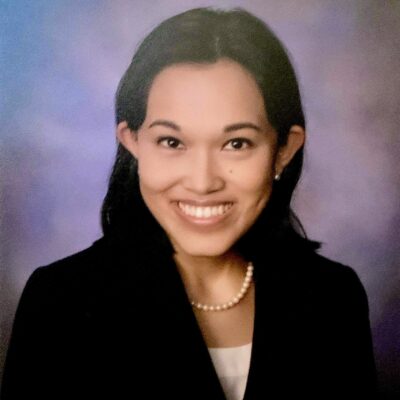Student Spotlight: Nora Gera

November 24, 2025
Nora Gera is a doctoral student in computer science from Cincinnati, Ohio. She earned her B.Sc. in computer science at Cornell University and now studies fairness objectives for in-use algorithms at Cornell.
What is your area of research and why is it important?
I study fairness objectives for algorithms in use in society. Using statistical methods and experimental setups, I look for ways to test for intentional or unintentional areas of bias and explore solutions to mitigate them. Most of my research involves algorithms with direct impact on society, and most recently, I’ve been developing a framework to study human interactions with large language model systems. Whether it’s resource allocation problems for public school choice or public-sector algorithms in use in our government, I’m excited to provide equitable solutions in machine system interactions.
What are the larger implications of this research?
We interact with algorithms on a daily basis, with applications running the gamut from providing personalized song recommendations to job application screenings. Performant generative and other AI models have only increased our exposure to them and the consequences of their decisions. Algorithms optimize for a given goal, and decision-makers wield great power in this choice, but how do we ensure that choice is transparent and equitable for all users? And with the advent of AI and machine learning, can we provide explainable guarantees on what the model does? My research contributes to the goal of making these algorithms fair for all users.
What inspired you to pursue this field of study?
Algorithms have been on my mind since high school, when I was developing an image processing pipeline for tracking dynamic cell movement. From making design decisions to analyzing how these choices affect people, having been on both sides of algorithmic development, I wanted to continue understanding the downstream impacts of algorithms on individuals through the lens of equity and transparency. When I started Cornell as an undergrad at 15, I immediately felt a connection to the way we build machine systems that interact with the world, and I’ve been working in this area ever since.
Can you tell us about your new paper published in Science Advances?
Our paper provides a new test for racial bias using perceived race and multiple observations of the same person. Tests for racial bias typically compare different individuals, making it hard to isolate race as the cause of different treatment. Perceived identity traits, like race, can vary per interaction, so our approach examines whether a person is treated differently depending on their perceived race. Applying this to police traffic stops across three states, we find drivers perceived as Hispanic are more likely to be searched or arrested than when perceived as white. Beyond assessing racial bias, this test can apply to other perceived-identity analyses.
What are your hobbies or interests outside of your research or scholarship?
I enjoy reading a good book, exploring libraries on campus, and swimming. I also like to play the violin (my two favorite concert experiences are playing in Bailey Hall and Carnegie Hall), and there are wonderful concerts happening throughout the semester. Ithaca also has a vibrant farmer’s market, so I like to stop by. I’m also passionate about volunteering for STEM programs, like Science Olympiad and research fairs, for high school students in my hometown.
Why did you choose Cornell to pursue your degree?
Cornell has a lot of flexibility and freedom in interdisciplinary work and collaborating across campuses, and especially with algorithmic fairness, you can collaborate with faculty and see the end-to-end implications, from faculty that study legal regulation of algorithms to the ethical implications of these algorithms to responsible AI usage. I’ve had the opportunity to work on many projects, attend seminars, and see real-world impact from the work I do. Plus, with the Cornell Tech campus in NYC, there’s still so much to explore beyond what I experienced as an undergrad here.
